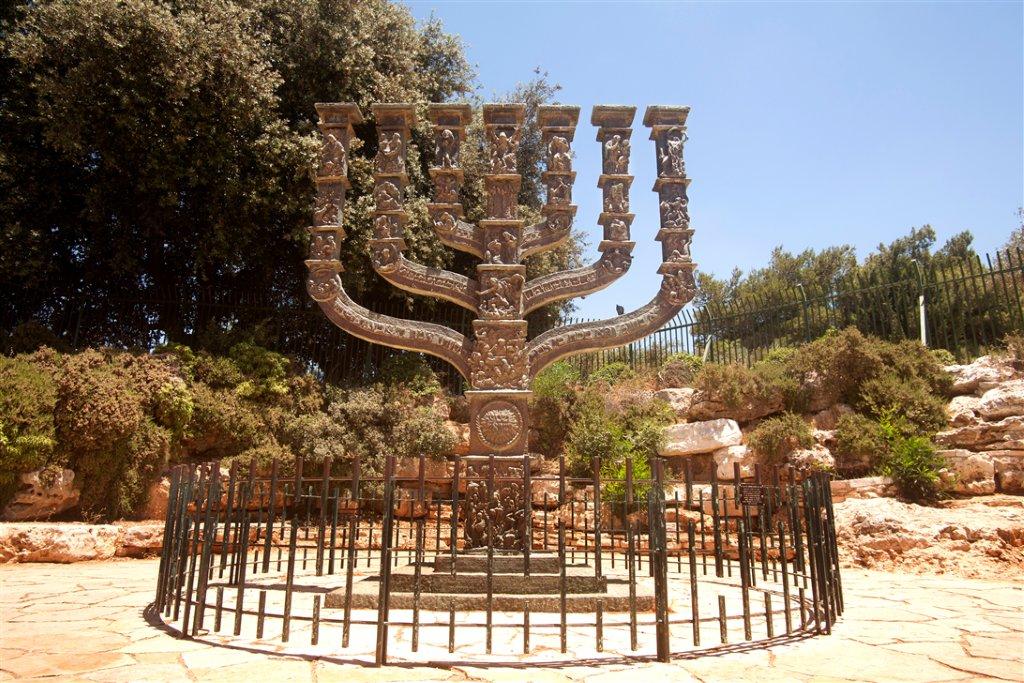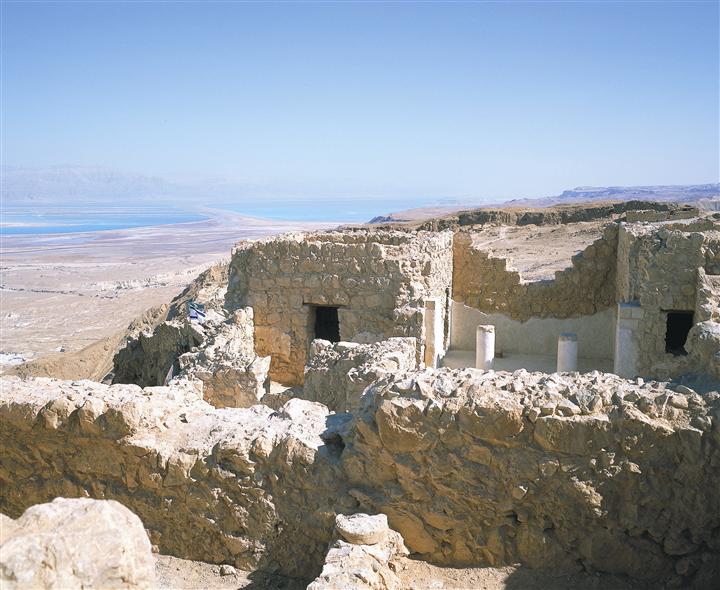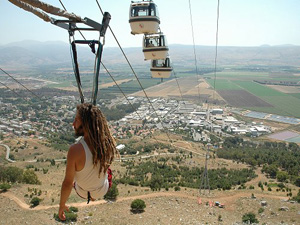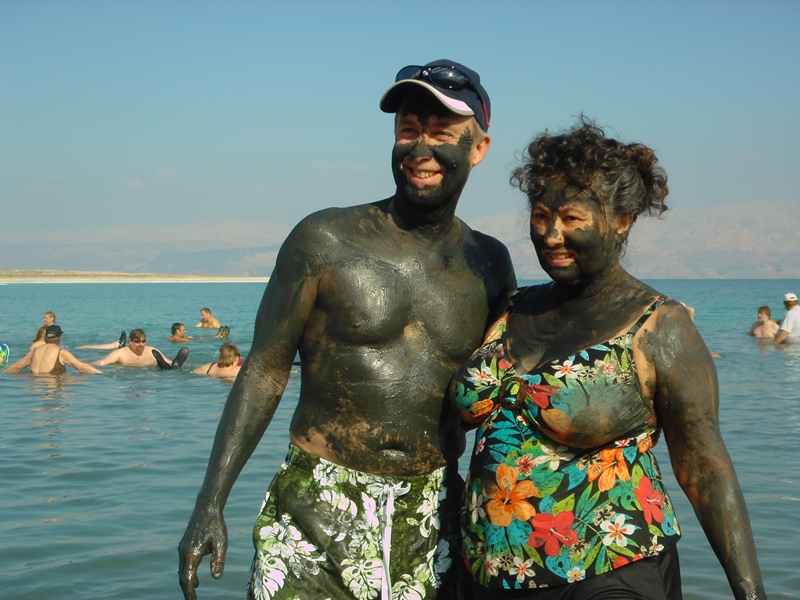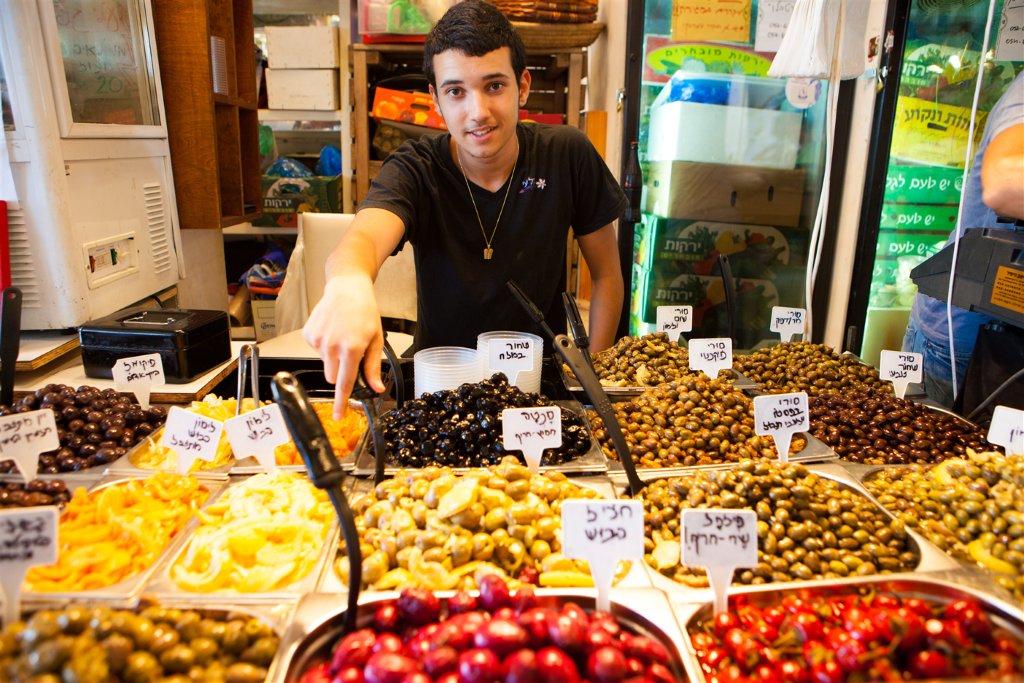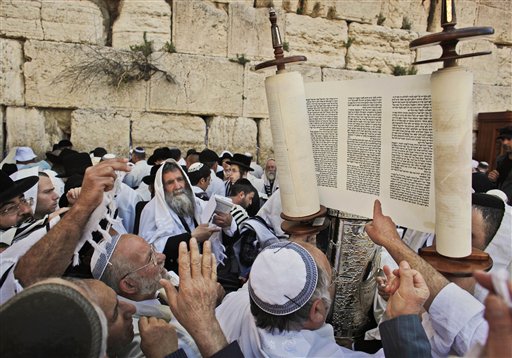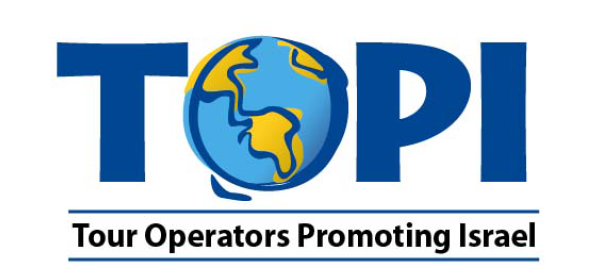What to Bring
Israel is a modern, developed country, and you can purchase virtually anything you need during your stay, including clothing, cosmetics, and hygiene products.
If you are visiting Israel during the summer you will need lightweight clothing - short-sleeved and sleeveless shirts, shorts, sandals, beach shoes and a bathing suit. It’s also a good idea to pack a sweater or jacket, since nights in the mountains and the desert can be cool.
If you are visiting Israel in the winter, you will need warm clothing, a coat (preferably a raincoat as well), good shoes, an umbrella, gloves, a scarf and other warm clothing. Weather in Israel is not cold as it is in Europe, but days can be rainy and cold.
View the Average Temperatures in Israel
It’s a good idea to bring a small bag for day trips. If you are traveling to Eilat or the Dead Sea, it’s a good idea to bring a bathing suit, since it is warm enough to swim there even in the winter.
Sunscreen, a sun hat, and sunglasses are essential items throughout the year. You will need comfortable shoes.
For the tours to Jerusalem, Haifa and Nazareth, modest attire is required for visiting holy places of any religion (men with head covering, women with shoulder covering; for both men and women - no shorts).
The electric current in Israel is 220 volts AC, single phase, 50 Hertz. Most Israeli sockets are of the three-pronged variety but many can accept some European two-pronged plugs as well. Electric shavers, traveling irons and other small appliances may require adapters and/or transformers, which can be purchased in Israel.
The airlines’ baggage allowances vary. Most allow for one free checked bag under fifty pounds each, per person. Please check your airline’s website before departure for current information, as the airlines are always amending their policies.
Meals
Christian tours include Breakfast and Dinner daily. Lunch is the only meal that is an extra expense. Depending on where the group stops, lunch can range from $5 to $30 per person.
Every hotel serves a version of the “Israeli Breakfast” – invariably a giant buffet of vegetables, salads, cheese, eggs, smoked fish, breads, pastries, yogurts, cereals and fruit.
There are two elements that make food in Israel so unique. One is our location on the shores of the Mediterranean. Like Turkey, Greece, Italy, France and Spain, our cuisine reflects the warm sun, the olives that grow on our trees, the olive-oil we press, and the breads, fish and meats that have made the Mediterranean the source of what is considered by many as the world’s healthiest diet and, quite simply, the source of the best things to eat. Secondly, Israel produces the most splendid quality of fruits, vegetables and dairy products. From the legendary Jaffa oranges first exported to Europe in the 1930’s, to the kiwis, star fruit, citrus, tomatoes, peppers, flowers, yogurts and cheeses we export today.
The water throughout Israel is perfectly safe to drink. Bottled water (still and fizzy) is available everywhere. When touring, be sure to keep hydrated: the sun is hot and many tourists forget they have to keep drinking. Fresh fruit juices are wonderful in Israel, and every kind of soft drink is available. Israeli beer is excellent too.
Language
Hebrew, the language of the Bible, and Arabic are the official languages of the State of Israel. Hebrew (and Arabic too) is written from right to left. All Israeli school children learn Hebrew, Arabic and English, and good English is spoken by virtually everyone in the country. Israel, a country peopled by many who have come from some 120 countries, is a multi-lingual country, with vast numbers of Israelis also speaking Russian, French, Spanish, Yiddish and tens of other tongues. Almost every highway and street sign is in English as well as Hebrew (and Arabic), and English language newspapers, magazine and books are available everywhere.
Money
The State of Israel’s currency is the New Israel Shekel (NIS) or shekel for short (pluralized as shkalim in Hebrew or shekels in English). There are 100 agorot (agora in singular) in each shekel. Bank notes are in denominations of NIS 20, 50, 100, and 200; coins are in denominations of NIS10, NIS5, NIS1 and 50, 10 and 5 agorot.
Unlimited sums of local and foreign money may be brought into Israel as cash, travelers’ checks, credit cards or State of Israel bonds. Foreign currency of all kinds may be exchanged at the airport, banks, post offices, most hotels or licensed exchange agencies in large cities. A passport is required when exchanging travelers’ checks. The rates vary from place to place, and banks charge a commission. It is recommended, though not obligatory, to carry a small amount of US dollars, since certain tourist sites, especially in the Old City of Jerusalem, take payment in dollars.
Holders of international credit cards can withdraw local or foreign currency at banks which accept their credit cards. There are Automated Teller Machines outside most banks.
Please Note: Some credit/debit cards may charge a fee to exchange currency on purchases or cash withdrawals, check with your bank’s policies.
Passport and Visa Requirements
All visitors to Israel must hold a passport that is valid for at least six months from the date they are departing the country. People with no nationality must hold a valid laissez passer, as well as a visa back to the country that issued it.
Visitors are entitled to remain in Israel up to three months from the date of their arrival, in accordance with the conditions of the visa issued to them. Visitors intending to work in Israel must submit a request to the Ministry of the Interior for a special visa.
Important note for tourists continuing from Israel on to Arab countries (except Egypt and Jordan): It is recommended that you request that an Israeli stamp does not appear on your passport. You must notify the clerk of your request before your documents are stamped.
A visa is not required for US passport holders. Connect to the Israel Ministry of Foreign Affairs website which details from which countries a prearranged visa is necessary.

